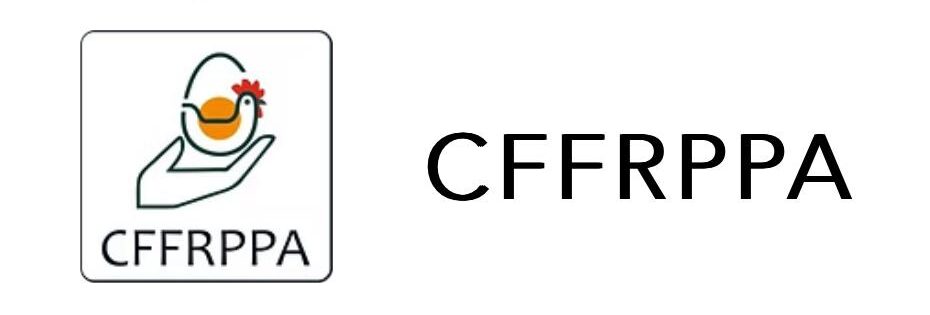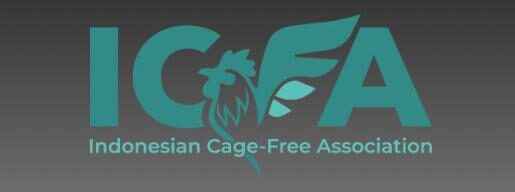Importance of Policy in Cage-Free Farming
Government policies provide a framework for the transition to cage-free farming. Regulations set by authorities determine housing conditions, space requirements, feed quality, and animal welfare practices. Countries like Malaysia, India, and Indonesia are working on policy reforms to encourage sustainable egg production while ensuring fair trade practices.
Certification: Ensuring Trust and Transparency
Certification programs help standardize cage-free egg production, giving consumers confidence in their purchases. Labels such as Certified Humane, Animal Welfare Approved, and local cage-free certifications indicate compliance with strict farming standards. These certifications provide assurance that eggs are produced ethically and sustainably, influencing consumer buying decisions.
Challenges in Policy Implementation
Despite progress, policy implementation faces challenges such as lack of awareness, varying standards across regions, and financial barriers for small-scale farmers. Addressing these issues requires collaboration between governments, industry stakeholders, and advocacy groups to create policies that support both large and small producers.
Conclusion
Strong policies and reliable certification systems are essential for the growth of the cage-free egg industry. By enforcing ethical standards and supporting farmers, Asia can establish a transparent, fair, and thriving market that benefits all stakeholders, from producers to consumers.




